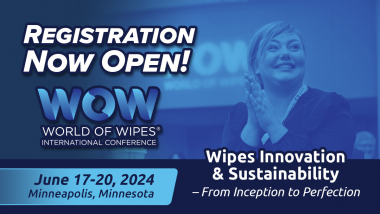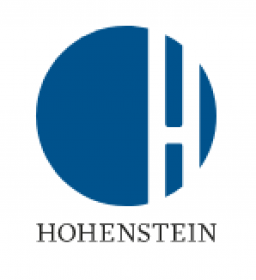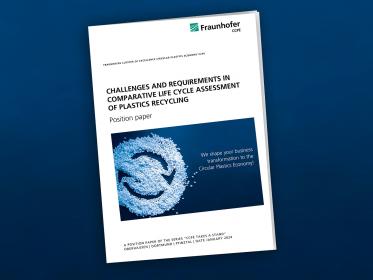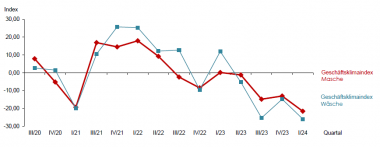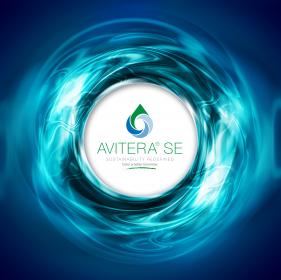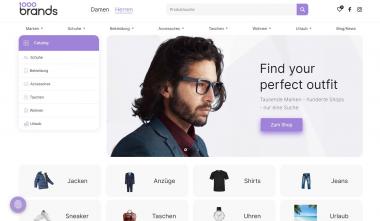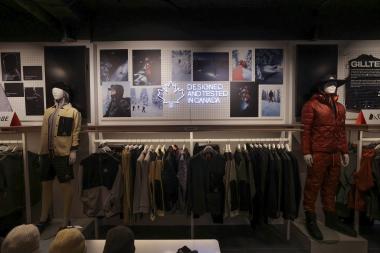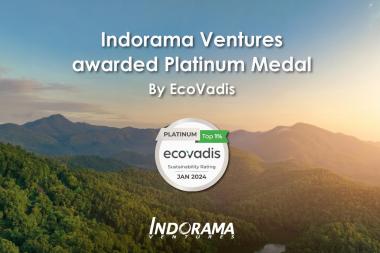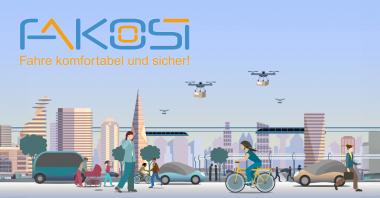The World of Wipes® International Conference 2024 Opens Registration
INDA, the Association of the Nonwoven Fabrics Industry, announced that registration and tabletop exhibit reservations are open for the World of Wipes® (WOW) International Conference. WOW 2024 will take place June 17-20 at the Hyatt Regency Minneapolis, Minneapolis, MN. The theme for this year’s event is “Wipes Innovation & Sustainability – From Inception to Perfection.”
WOW will feature content in responsible sourcing, end-of-life solutions, and innovations in sustainability. Industry leaders, such as The Clorox Company, Kimberly-Clark Professional, and Nice-Pak, amongst others, will present their sustainability insights in formulations, industrial and institutional wipes, alternatives to plastics, production technologies, recycling options, and regulatory issues.
INDA, Association of the Nonwoven Fabrics Industry


